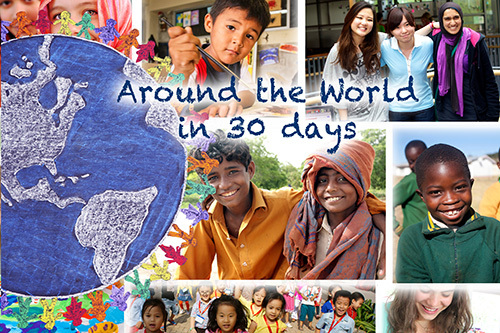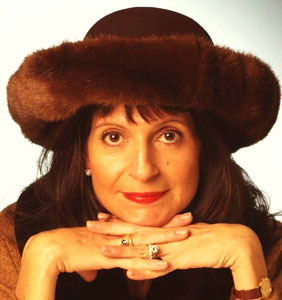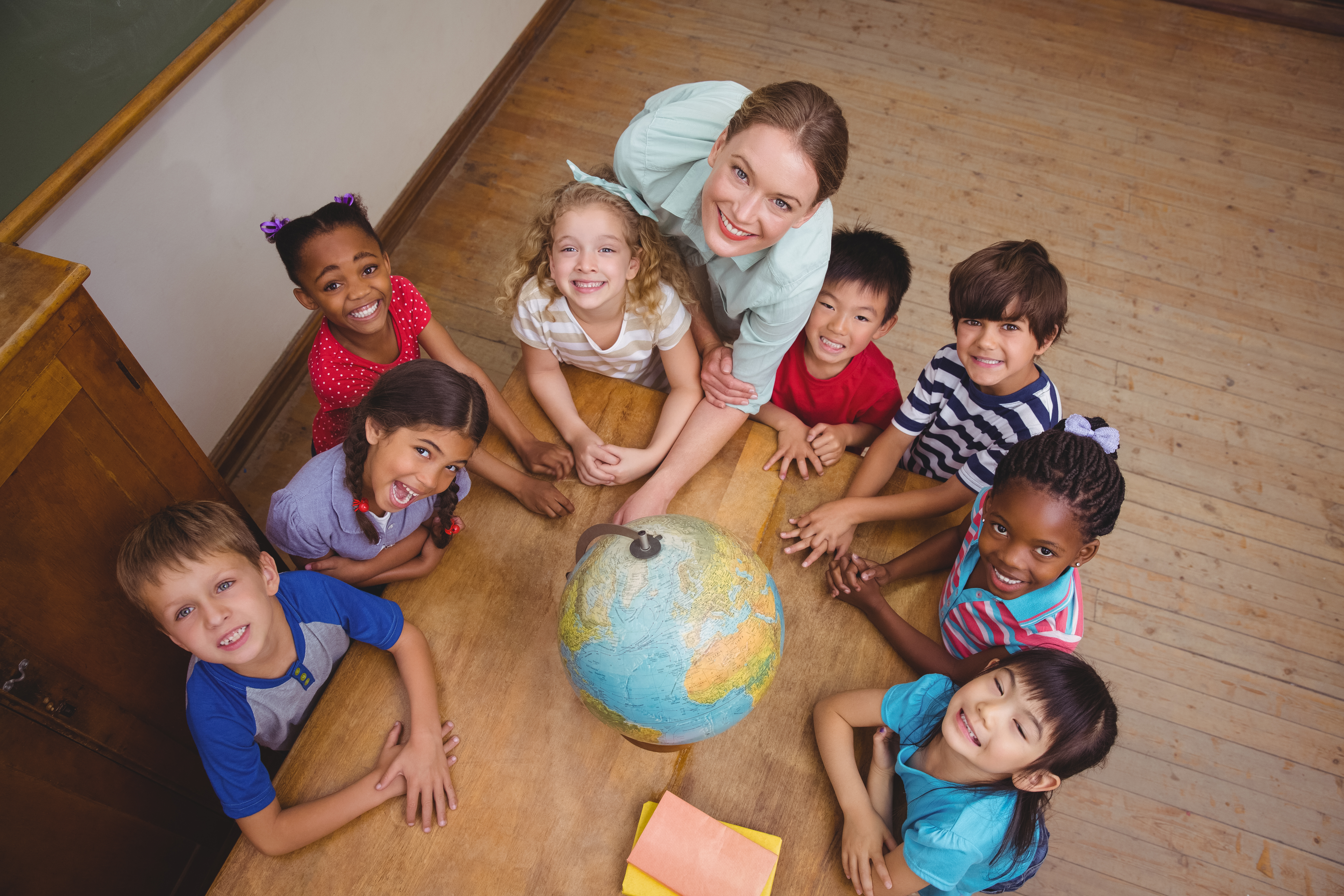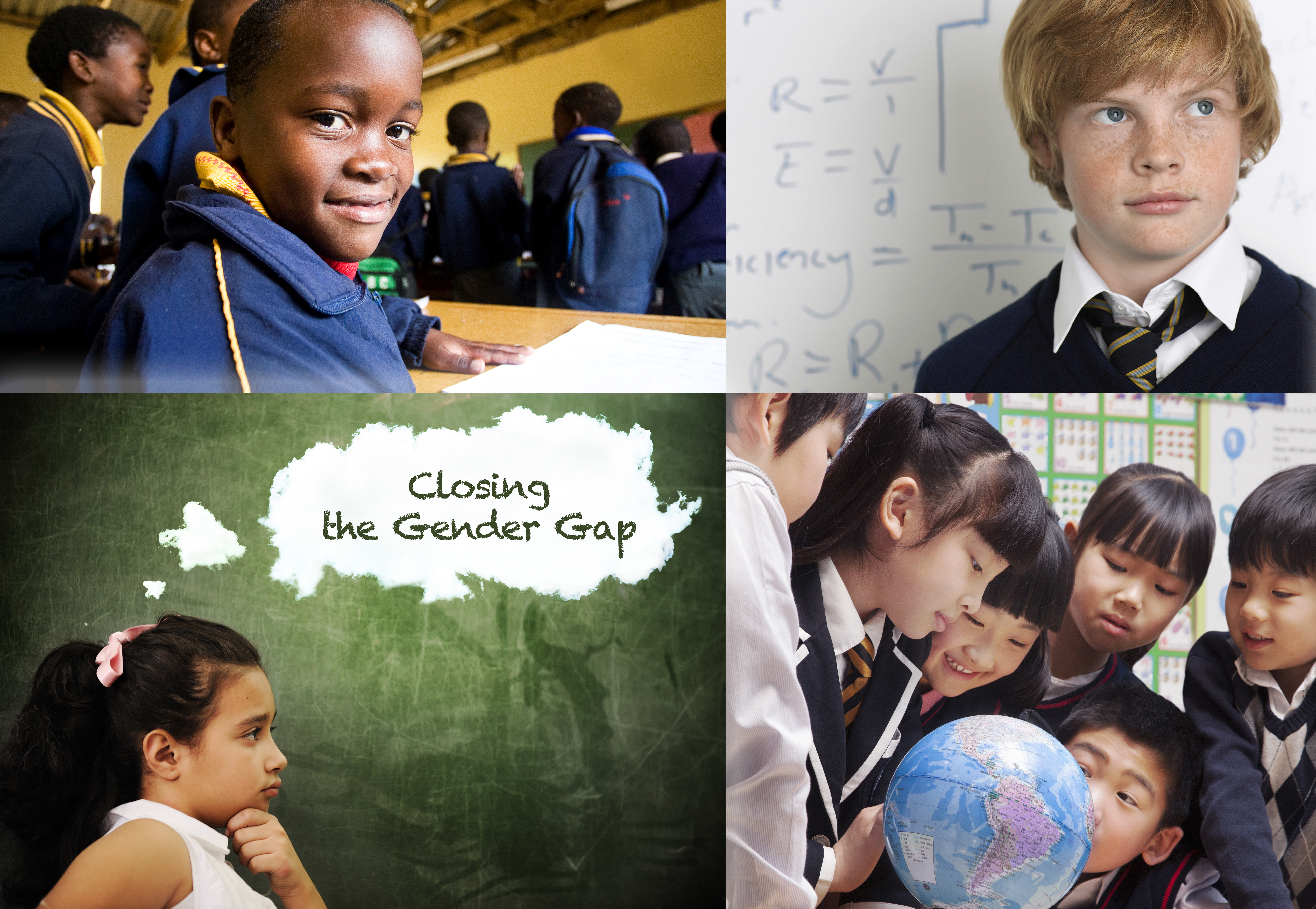
From Education Fast Forward’s 17th debate in partnership with UNESCO at Mobile Learning Week in Paris, en nuestro Chat en Twitter sobre el multiculturalismo en asociación con Edmodo, entrevistando a los Top 10 finalistas para el Premio Global Profesor de la Fundación Varkey, a la exploración de la tecnología de punta que está cambiando la educación musical, to welcoming the voices of new experts to our global teacher blogging team, it was a stimulating and revealing month around the world.
“Innovación y Calidad: Dos lados de la misma moneda?” fue el título del debate mundial 17a Educación Fast Forward en el Mobile Learning Semana en París, en asociación con la UNESCO. The debate brought together thought leaders from all over the globe to discuss the latest news and views on the impact of mobile technology in life-long learning. “Technology has the potential to unlock new approaches to assessment that will change what and how we teach,” said Jim Wynn, who noted that “the current curriculum shape and form that we see around the world with subjects taught in silos has to change.” Lord Jim Knight noted that the most convincing way he has seen technology utilized in education is flipped learning. “Esta técnica debe ver más maestros que empujan el contenido de aprendizaje a los alumnos antes de clases, a continuación, permitir cara a cara a cara en la escuela para ser utilizado de manera más eficaz para incrustar el aprendizaje,” he stated.
When our present and our future is inevitably a highly interconnected world, competencies like global openness, empatía, respeto, adaptability and critical-thinking are no longer merely ‘helpful’ to students, they are essential for them to flourish. “Teaching in a Global Landscape – Mindful Multiculturalism in Today’s Classroom” was the timely topic of our Twitter Chat hosted by Edmodo and ourselves which, not surprisingly, was trending on Twitter during the event. Featured guests Dr. William Gaudelli, Jessica Kehayes, and Dana Mortenson joined teachers and twitter users from all over the world to share practices in fostering global competency. Key insights into the future of global education were offered, including one from Jessica, Executive Director at the Asia Society: “The more we can promote understanding and perspective-taking, and encourage explanation of your own thinking while respectfully hearing others, the more opportunity there is for new thinking to emerge and communities to be strengthened. Building relationships with the community can and should start early, promoting all members of our society as important voices, including our youngest.”
Narrowed down from 8,000 nominations in 148 países de todo el mundo, the Varkey Foundation’s Premio Global Maestro 2016 came up with a list of ten finalists. Just prior to Pope Francis announcing Hanan Al Haroub the winner I had the honor to interview all the finalists. Aqeela Asifi, Ayub Mohamud, Colin Hegarty, Hanan Al Haroub, Joe Fatheree, Kazuya Takahashi, Michael Soskil, Richard Johnson, Maarit Rossi, and Robin Chaurasiya shared their perspectives with me on how to make teaching a more prestigious career. Hanan Al Haroub insisted that “…teachers are the real power in this world. Ellos son los únicos que pueden cambiar las sociedades, los que pueden crear generaciones productivas y activas…” Por lo tanto, teachers should be treated with more respect and dignity. Deberíamos “provide salaries and conditions to entice bright, mentes innovadoras y creativas / levantar el perfil de la profesión…” suggested Richard Johnson. The future of education may be grim in places where teachers are not valued as an integral part of a prosperous society. As Mike Soskil said, “Sólo cuando tratamos a los maestros como los profesionales que son vamos a ver el éxito que deseamos en nuestras escuelas.”
Craig Swann is the Founder and Chief Imagination Officer of Looplabs. Looplabs is a free, colaboración, cloud-based music studio that lets anyone, independientemente de las habilidades técnicas o capacidad, hacer fácilmente, compartir, and discover music. While Looplabs is exciting for both amateur producers and music enthusiasts alike, it is also making waves in the education world. “Permitir que un maestro para establecer un proyecto y luego dejar que todos los estudiantes interactúan y construir fuera de que una pieza, but yet having them all connected at the same time, provides powerful ways to learn by doing it together.” Because Looplabs is designed to help beginners make music – “que permite una fácil, formas intuitivas para explorar composición, to test, and try things…” – it makes for a wonderful tool to allow youth to discover their creative abilities. Y, importantly for educators: es gratis!
Este mes, La Búsqueda Global para la Educación welcomed an expanded panel of experts as the new Top Global Teacher Bloggers. For their introductory collaboration we asked them a controversial yet essential question in global education: “¿Cuáles son los mejores ejemplos que han visto de los maestros cierran la brecha de género en la educación?” Maarti Rossi explained that, “Es importante que las escuelas se mezclan deliberadamente los géneros en las aulas…” It’s also essential to engender self-respect and the self-confidence in every student, regardless of gender. Miriam Mason-Sesay summarized this practice wonderfully: “The idea is to catch them young to teach them their value and make sure that negative messages never get a chance to take hold.” Warren Sparrow identified the difficulties that many young boys have in education: “Un fenómeno extraño en Sudáfrica es que hay más niños que niñas en la escuela primaria, but this gets reversed in high school and tertiary institutions.” Richard Wells suggested that this can be remedied by “volteado la enseñanza o el aprendizaje basado en proyectos. Este se conecta a los niños que necesitan estar haciendo en lugar de recibir. Most boys need to be active learners.”
Nuestro agradecimiento a todos nuestros amigos y seguidores en todo el mundo.
(Todas las imágenes son cortesía de CMRubinWorld)


Únete a mí y reconocidos a nivel mundial los líderes de opinión, incluyendo a Sir Michael Barber (Reino Unido), DR. Michael Bloquear (EE.UU.), DR. Leon Botstein (EE.UU.), Profesor Clay Christensen (EE.UU.), DR. Linda Darling-Hammond (EE.UU.), DR. MadhavChavan (India), El profesor Michael Fullan (Canada), El profesor Howard Gardner (EE.UU.), El profesor Andy Hargreaves (EE.UU.), Profesor Yvonne Hellman (Países Bajos), Profesor Kristin Helstad (Noruega), Jean Hendrickson (EE.UU.), Profesor Rose Hipkins (Nueva Zelanda), Profesor Cornelia Hoogland (Canada), Honorable Jeff Johnson (Canada), Señora. Chantal Kaufmann (Bélgica), DR. EijaKauppinen (Finlandia), Secretario TapioKosunen Estado (Finlandia), Profesor Dominique Lafontaine (Bélgica), El profesor Hugh Lauder (Reino Unido), Señor Ken Macdonald (Reino Unido), Profesor Geoff Masters (Australia), Profesor Barry McGaw (Australia), Shiv Nadar (India), Profesor R. Natarajan (India), DR. PAK NG (Singapur), DR. Denise Papa (Estados Unidos), Sridhar Rajagopalan (India), DR. Diane Ravitch (EE.UU.), Richard Wilson Riley (EE.UU.), Sir Ken Robinson (Reino Unido), Profesor Pasi Sahlberg (Finlandia), El profesor Manabu Sato (Japón), Andreas Schleicher (PISA, OCDE), DR. Anthony Seldon (Reino Unido), DR. David Shaffer (EE.UU.), DR. Kirsten Immersive Are (Noruega), Canciller Stephen Spahn (EE.UU.), Yves Theze (LyceeFrancais EE.UU.), Profesor Charles Ungerleider (Canada), Profesor Tony Wagner (EE.UU.), Sir David Watson (Reino Unido), Profesor Dylan Wiliam (Reino Unido), DR. Marcos Wormald (Reino Unido), Profesor Theo Wubbels (Países Bajos), El profesor Michael Young (Reino Unido), y el profesor Zhang Minxuan (De China) a medida que exploran las cuestiones de educación cuadro grande que todas las naciones se enfrentan hoy.
La Búsqueda Global para la Educación Comunitaria Página
C. M. Rubin es el autor de dos ampliamente leído serie en línea por la que recibió un 2011 Premio Upton Sinclair, “La Búsqueda Global para la Educación” y “¿Cómo vamos a Leer?” Ella es también el autor de tres libros más vendidos, Incluido The Real Alice in Wonderland, es el editor de CMRubinWorld, y es una Fundación Disruptor Fellow.
Siga C. M. Rubin en Twitter: www.twitter.com/@cmrubinworld





Comentarios recientes